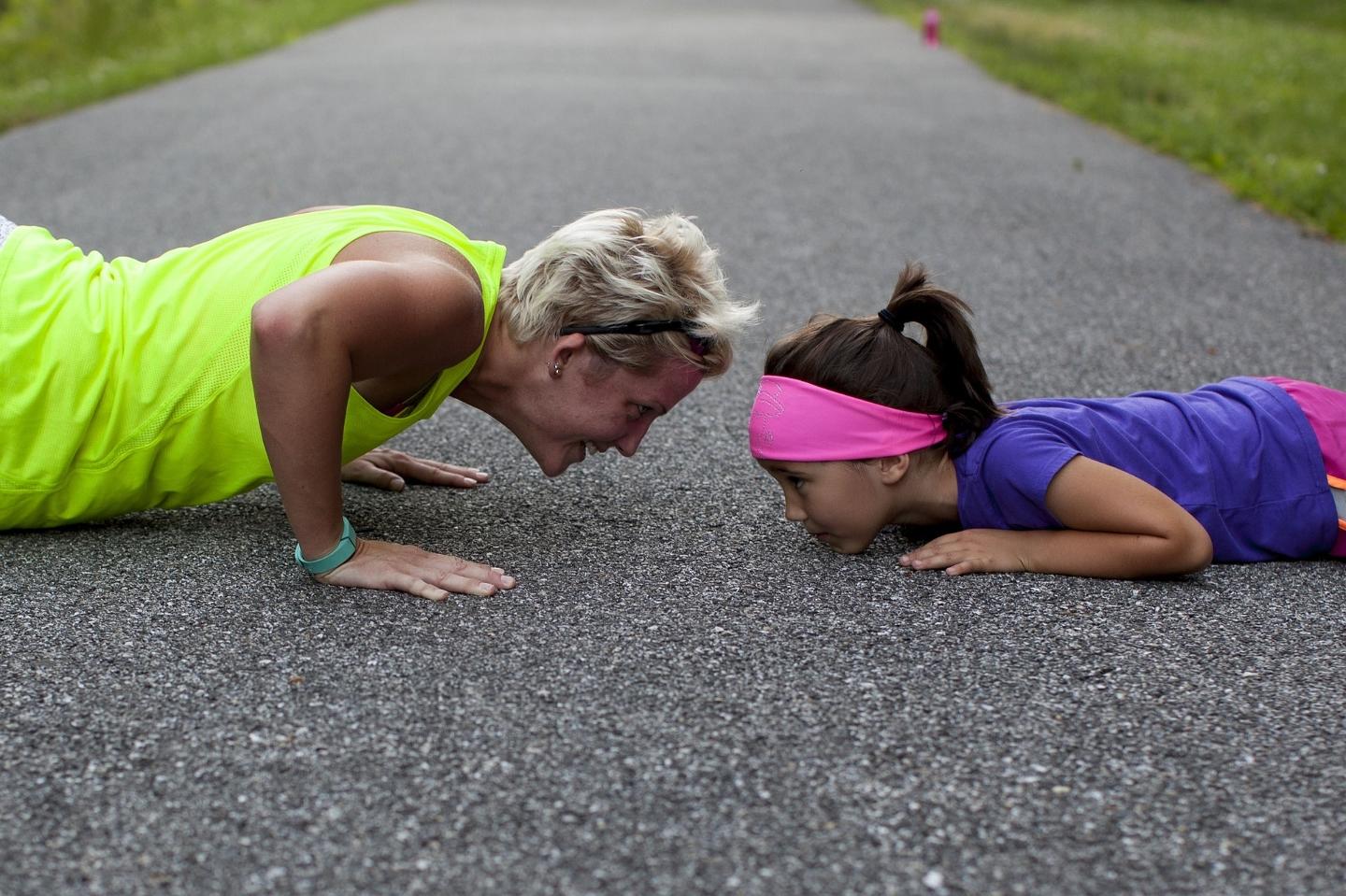Not unlike a good wine, many of us over 60 improve as we age. We mellow out, become more compassionate and less competitive and generally have a broader perspective on life. We are interested in the well-being of future generations and have a desire to give back in one way or another.
Well, at long last, there seems to be increasing acceptance of this truth, especially as it pertains to older women. If any of you have watched the recent Golden Globes or seen the NY Times article on this topic, “I am (an Older) Woman. Watch me Roar”, you will understand why I say this.
When women over 60 gain power in positions that traditionally were held by men, the public begins to notice. In many ways it’s unfortunate that they have to gain acknowledgement in the public domain as “powerful” before anyone notices, but if it helps fight ageist bias against older women, I’ll take it.
This January has been an extraordinary start to what I believe will be a new movement. There’s a natural nexus with the women’s liberation and feminism movement of the 60s and 70s, the #Me Too movement and ageism. Nancy Pelosi at age 78 has become the most powerful elected woman in US history; Glenn Close, 71, won actress of the year for the Golden Globes; and Susan Zirinsky, 66, takes over CBC news in March.
These women are all terrific role models and will help start the conversation about how perceptions of age influence decisions that affect hiring, re-employment and general engagement of all older adults. It will help destigmatize some bias, but it isn’t and won’t be enough to penetrate other less privileged socio-economic groups.
It is incumbent on all of us to participate in breaking down these barriers in order to fulfill the real potential of older adults. Everyone has a role to play no matter how small. Starting conversations with younger folks, confronting older friends and relatives about their own internalized biases, and proclaiming with pride how old you are just a few ways to combat the negative understanding of what it means to age.
When my 21/2 year old little grandson started crying when his mother referenced growing up and getting older, he whimpered: ”I don’t want you to get old, mommy, and I want to stay a little boy”. Where does this perception come from so early in life? Obviously, we have to start this conversation at a very young age.


0 Comments